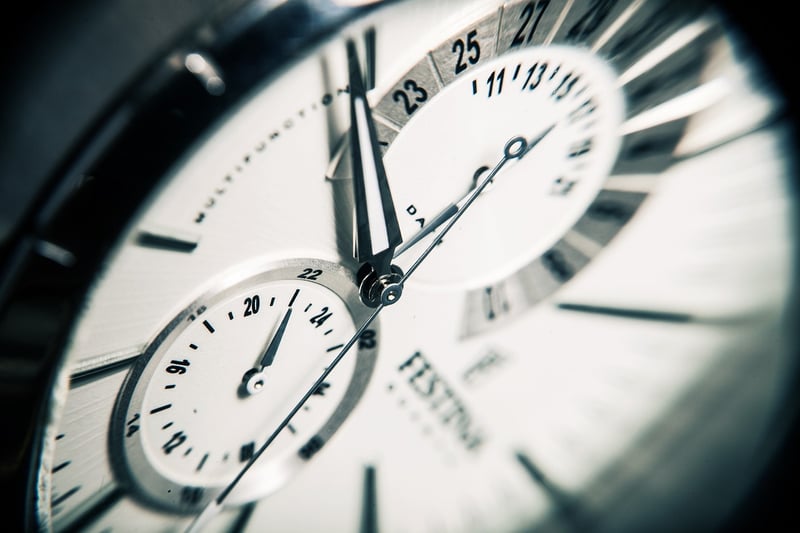Causal Loops
Avoid Altering History and Causal Loops
Time travel has been a popular theme in science fiction for decades, captivating audiences with the idea of changing the past to alter the future. However, the concept of altering history raises intriguing questions about causality and the potential creation of causal loops.
What are Causal Loops?
Causal loops, also known as bootstrap paradoxes, occur when an event is its own cause. In simpler terms, a future event influences a past event, which in turn leads to the future event happening. This creates a loop with no clear origin, making it challenging to determine the cause and effect relationship.
The Dangers of Altering History
When it comes to time travel, the idea of altering history can have profound consequences. Changing even a small detail in the past could have ripple effects that drastically change the course of history. This concept is often explored in fiction, highlighting the dangers of meddling with the past.
Time Travel Ethics
Considering the potential risks associated with altering history, many ethical questions arise when discussing time travel. Should individuals have the power to change past events? What responsibility comes with the ability to travel through time? These are complex moral dilemmas that continue to fuel discussions in both science and philosophy.
Conclusion
While the idea of time travel and altering history is fascinating, it is essential to consider the implications of such actions. Causal loops and the potential consequences of changing the past are concepts that remind us of the delicate balance of cause and effect in the fabric of time. As we continue to explore the mysteries of time travel, it is crucial to approach these concepts with caution and respect for the integrity of history.


Images courtesy of Pixabay
